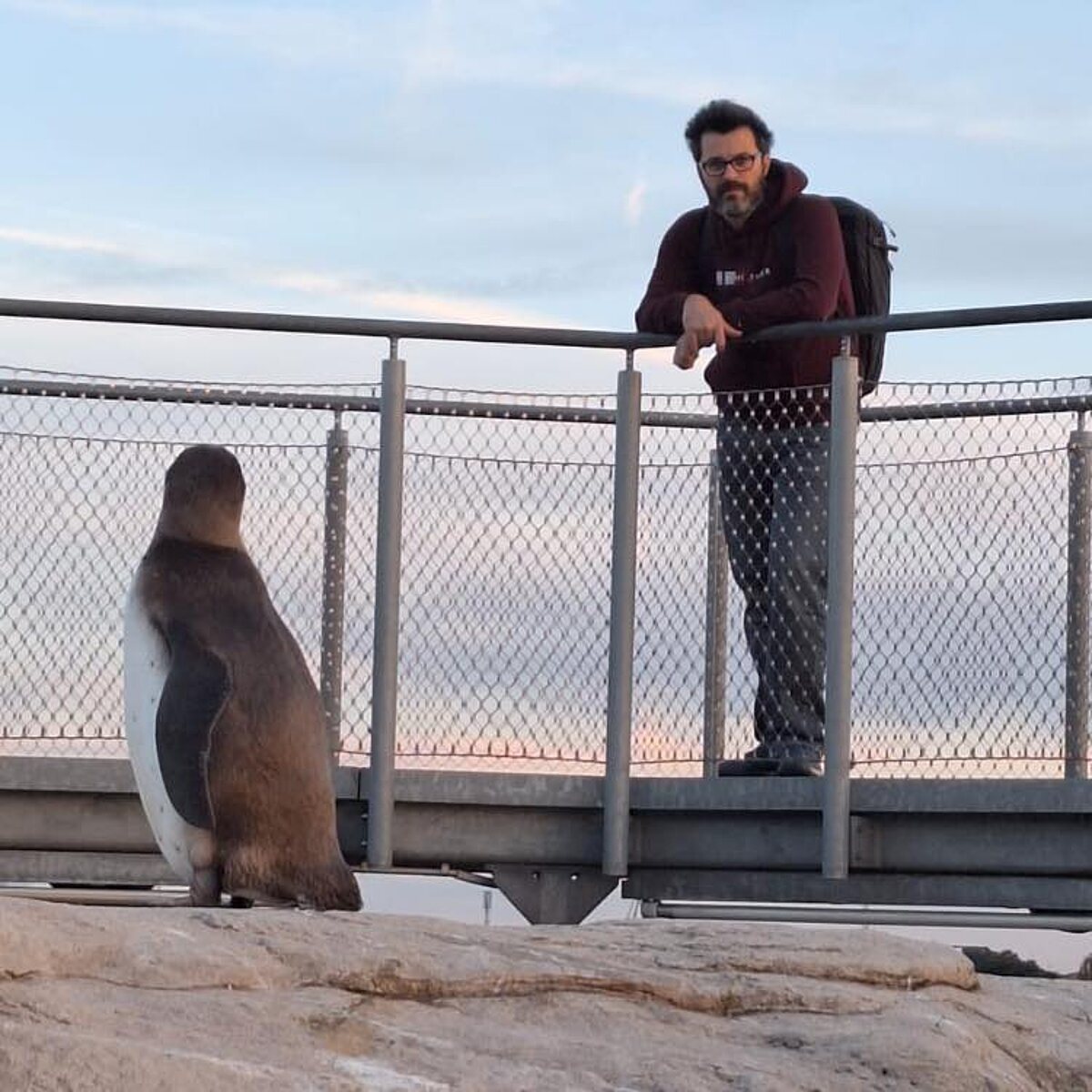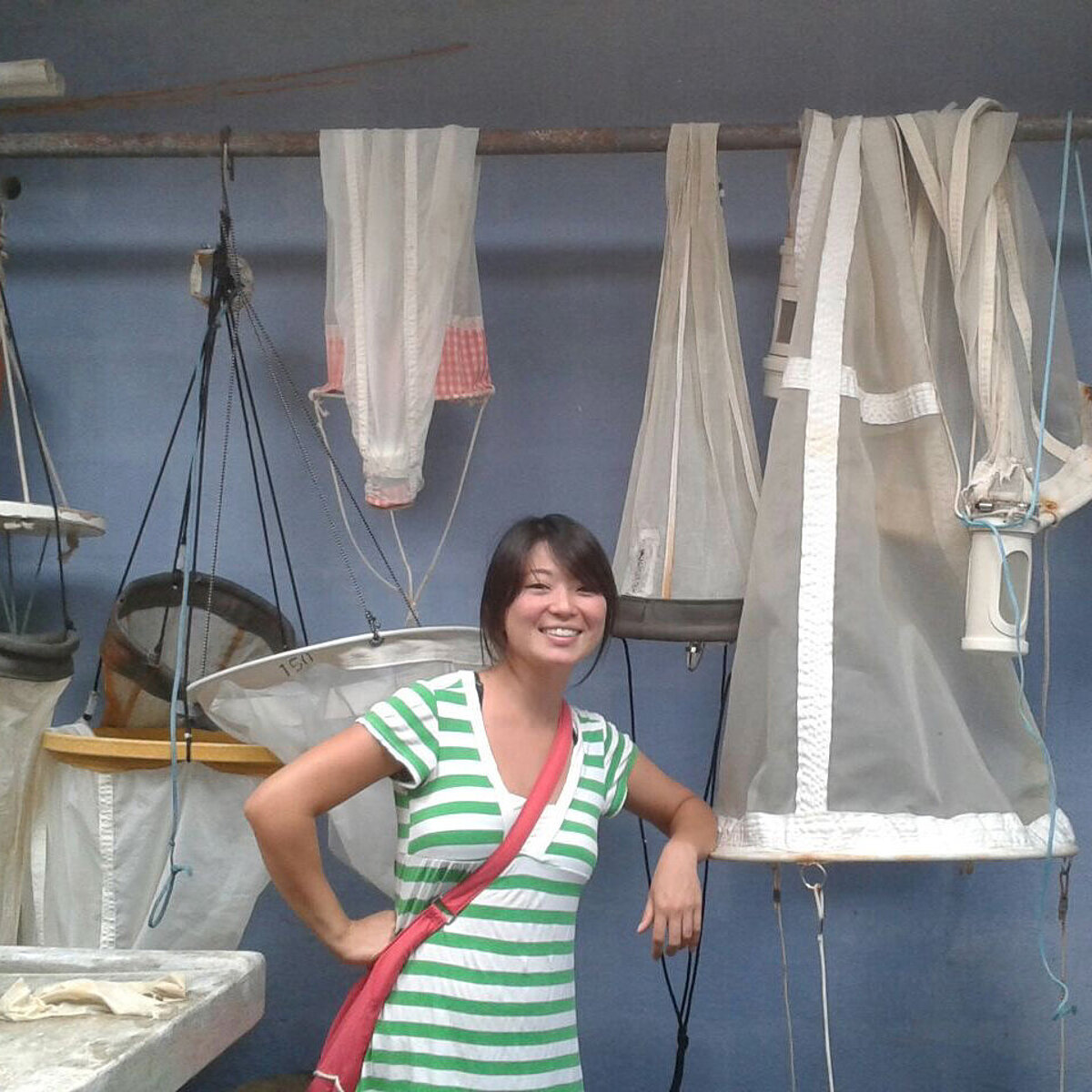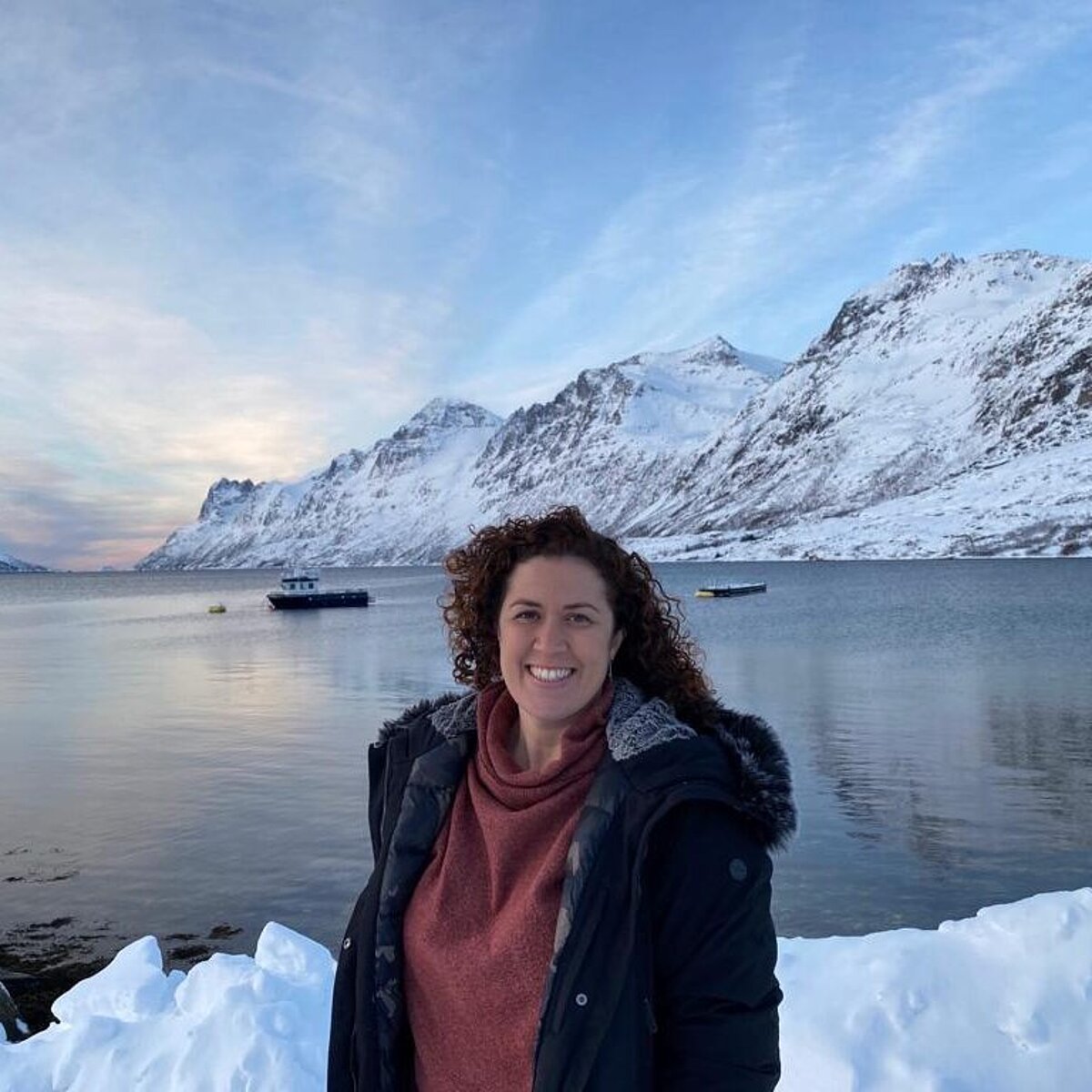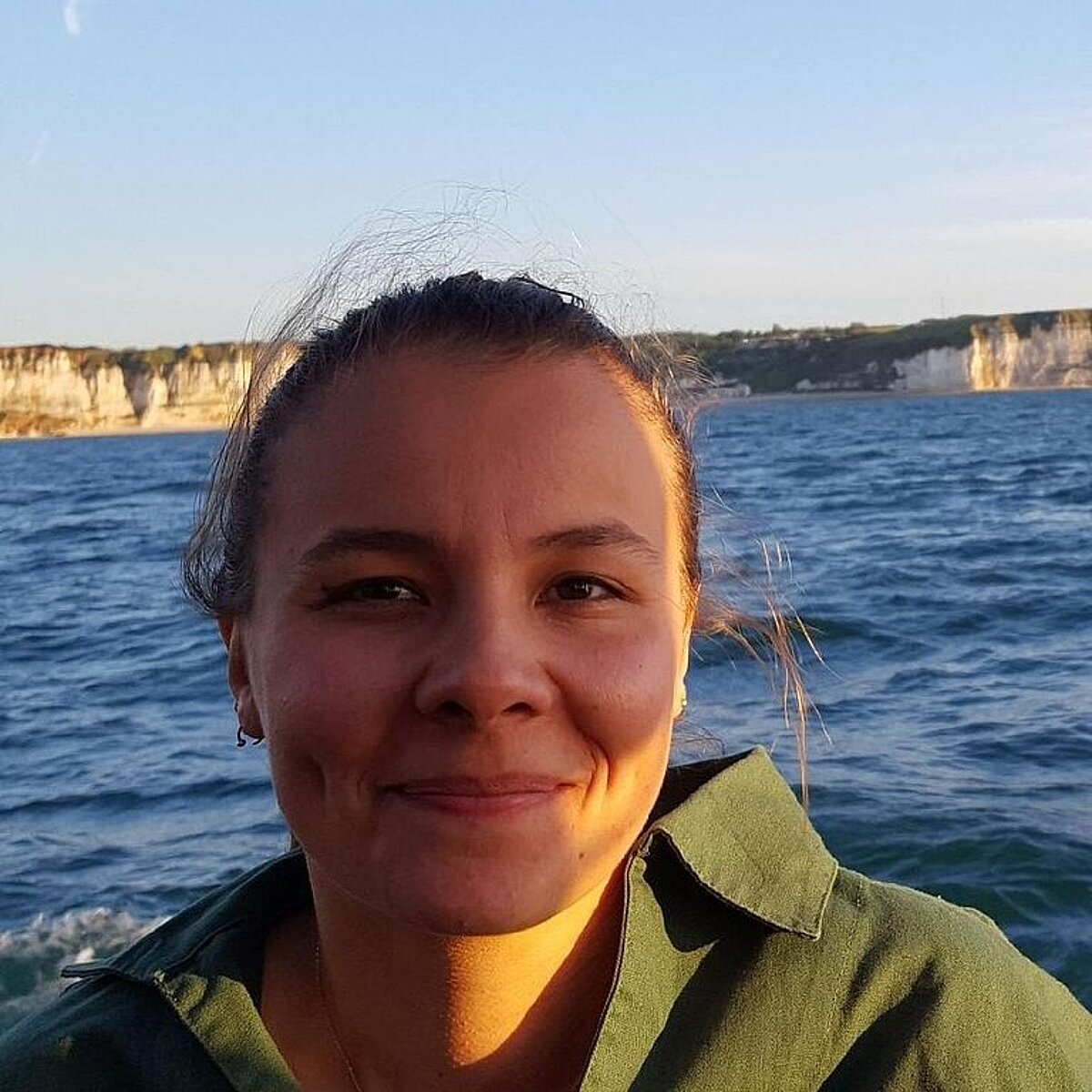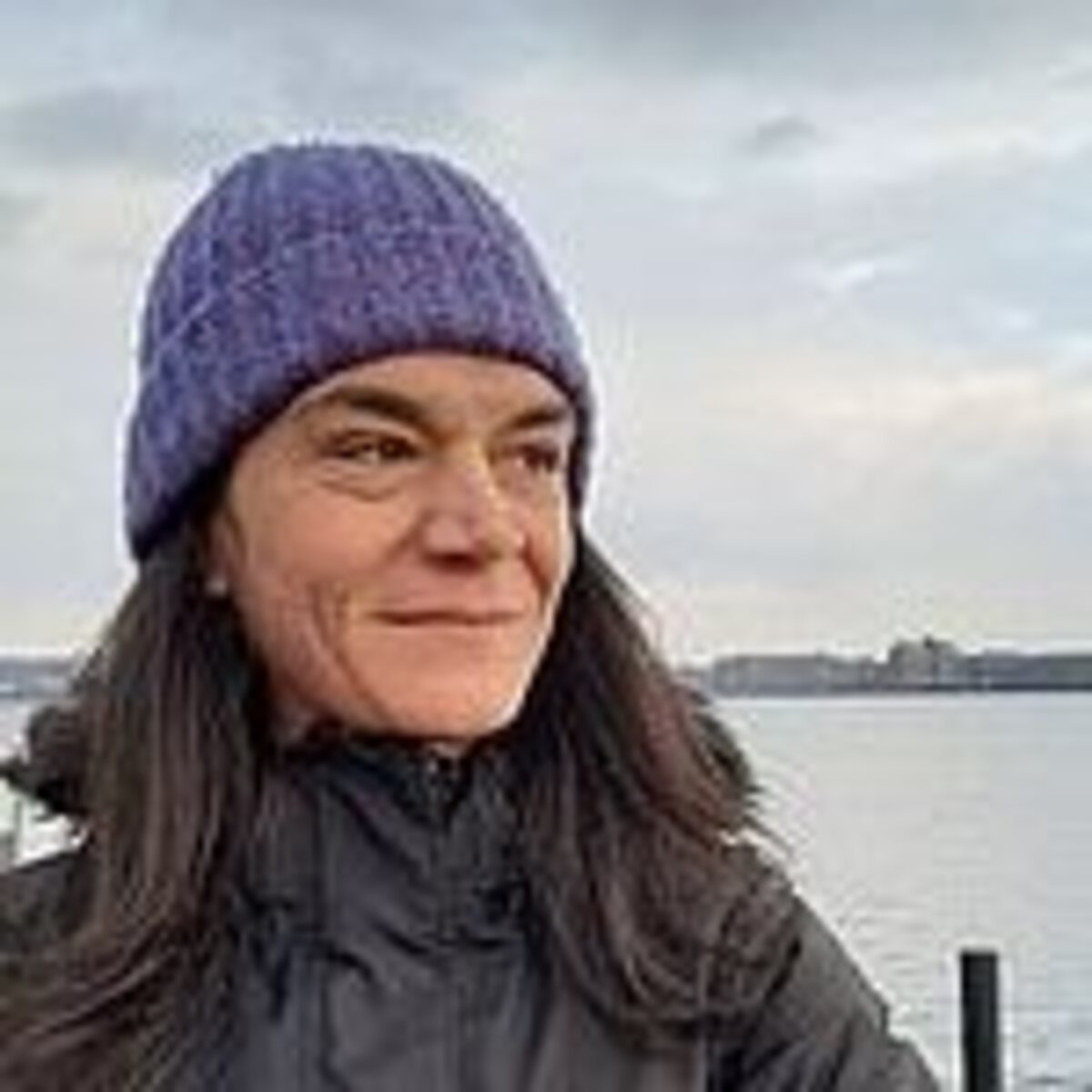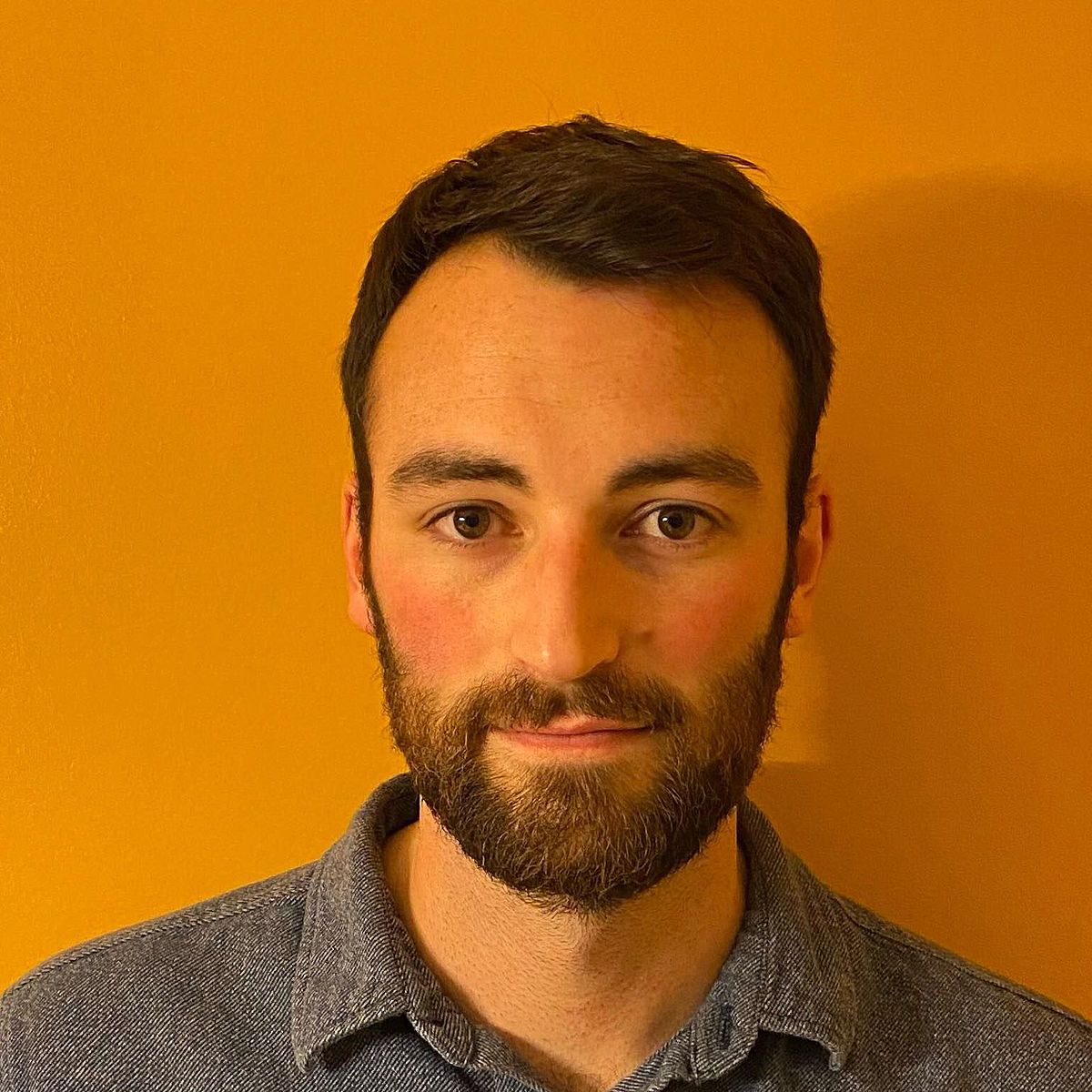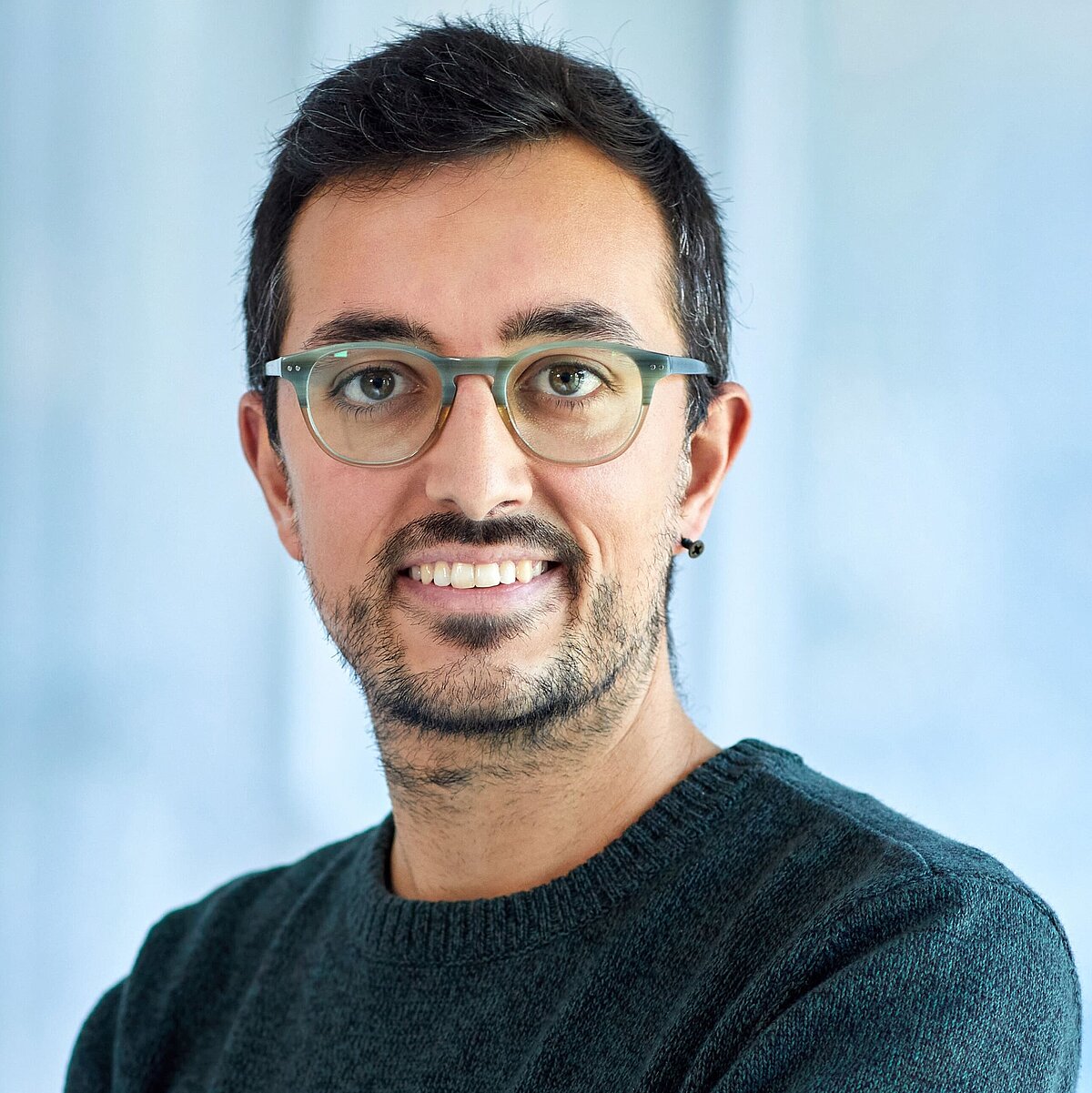Ecosystem Modelling Working Group
Overview
Marine organisms are connected by diverse types of interactions. The architecture of these interactions regulates the functioning of ecosystems and, in turn, influences biodiversity. For instance, predator-prey relationships shape energy circulation in food webs thus determining their resilience and stability. Understanding the biodiversity-ecosystem functioning relationships through the modelling of ecological interactions is far from trivial. This is because most interactions vary during seasons and the exposure of ecosystems to multi-stressors (e.g. ocean warming, species invasion, overfishing and eutrophication) makes complicated the identification of cause-effect mechanisms.
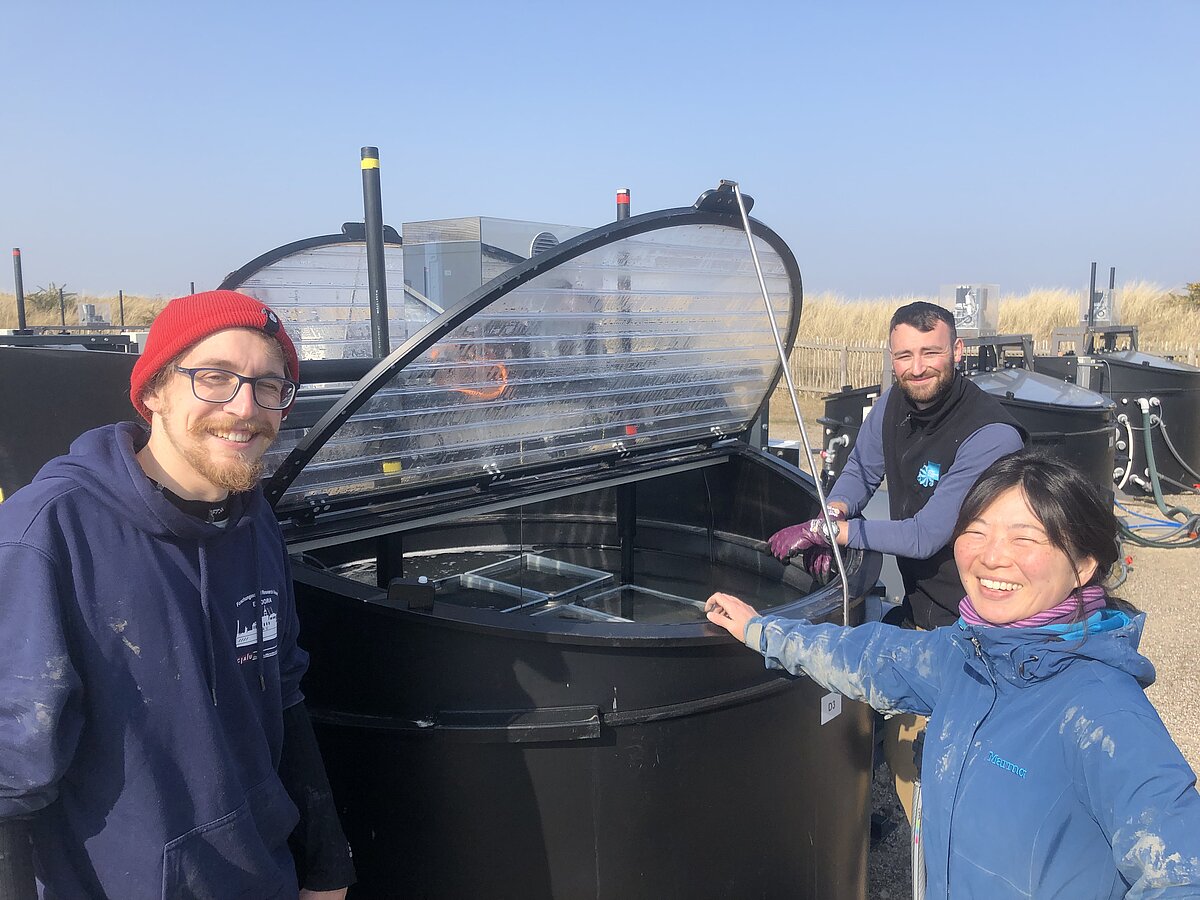
J. Bousquet, L. MacNeil and M. Ito working at the AWI mesocosm facility in List, on the German island of Sylt. We use mesocosm experiments to quantify metabolic responses of organisms, model changes in biodiversity, and build networks illustrating ecosystem carbon fluxes. These experiments serve to study the relationships linking global change to ecosystem functioning. Photo: M. Scotti.
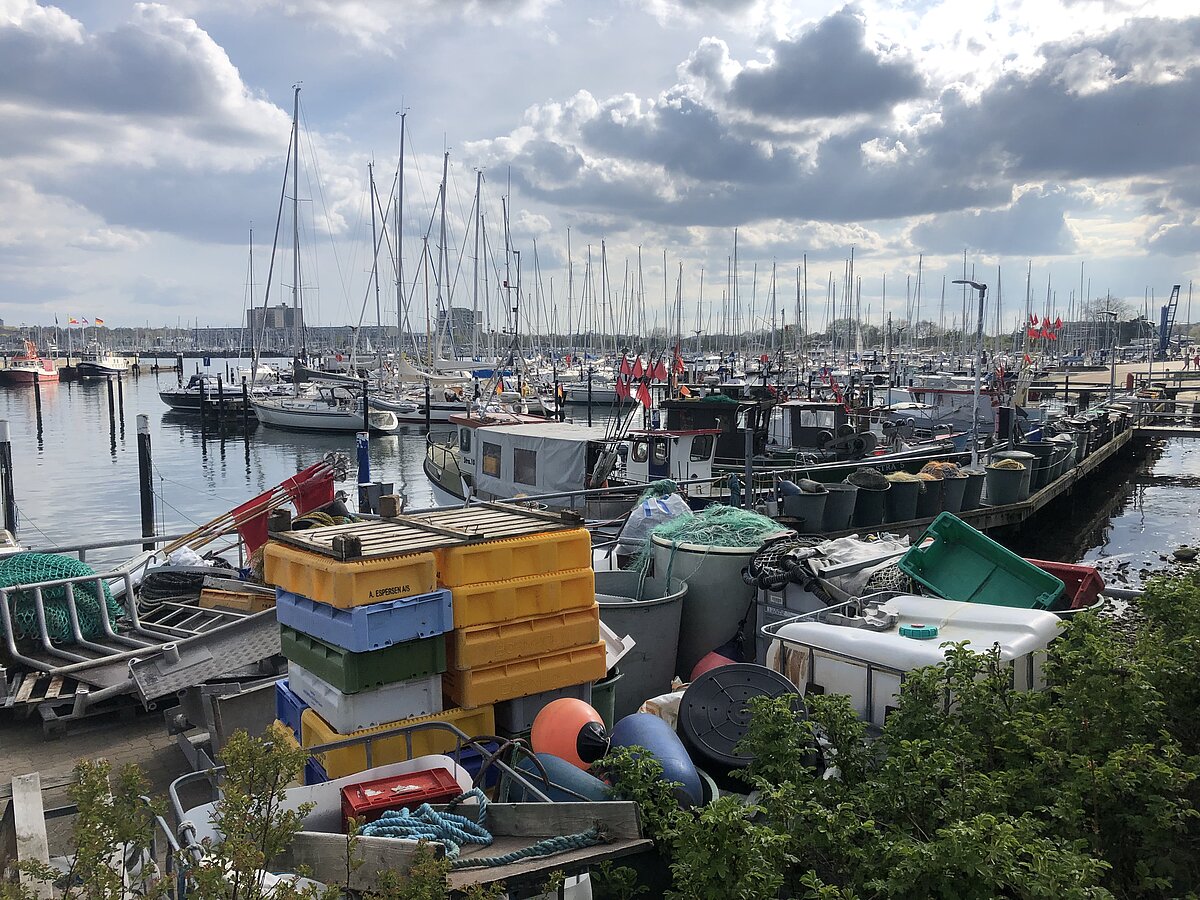
Modelling the impact of multiple stress factor helped quantifying the beneficial effects of ecosystem-based fisheries management (EBFM) in the western Baltic Sea. EBFM restores biodiversity, increases the catch of commercially-important stocks of cod and herring, and promotes ecosystem resilience to eutrophication and ocean warming. Photo: M.Scotti.
Research in the group aims at (1) investigating the relationships between biodiversity and ecosystem functioning under the effect of global warming (Fig. 1; MacNeil et al. Methods Ecol. Evol. 2024), (2) quantifying the impact of multi-stressors on food web structure and functioning (Fig. 2; Scotti et al. Front. Mar. Sci. 2022) and (3) modelling socioecological networks to define how changes in ecosystem functioning affect the benefits nature provides to humans (e.g. Kluger et al. Ocean. Coast. Manage. 2019). Our studies are conducted using empirical data from mesocosm experiments and field surveys. We apply different techniques that include network analysis, multivariate statistics, species distribution modelling, and dynamic simulations.
Team
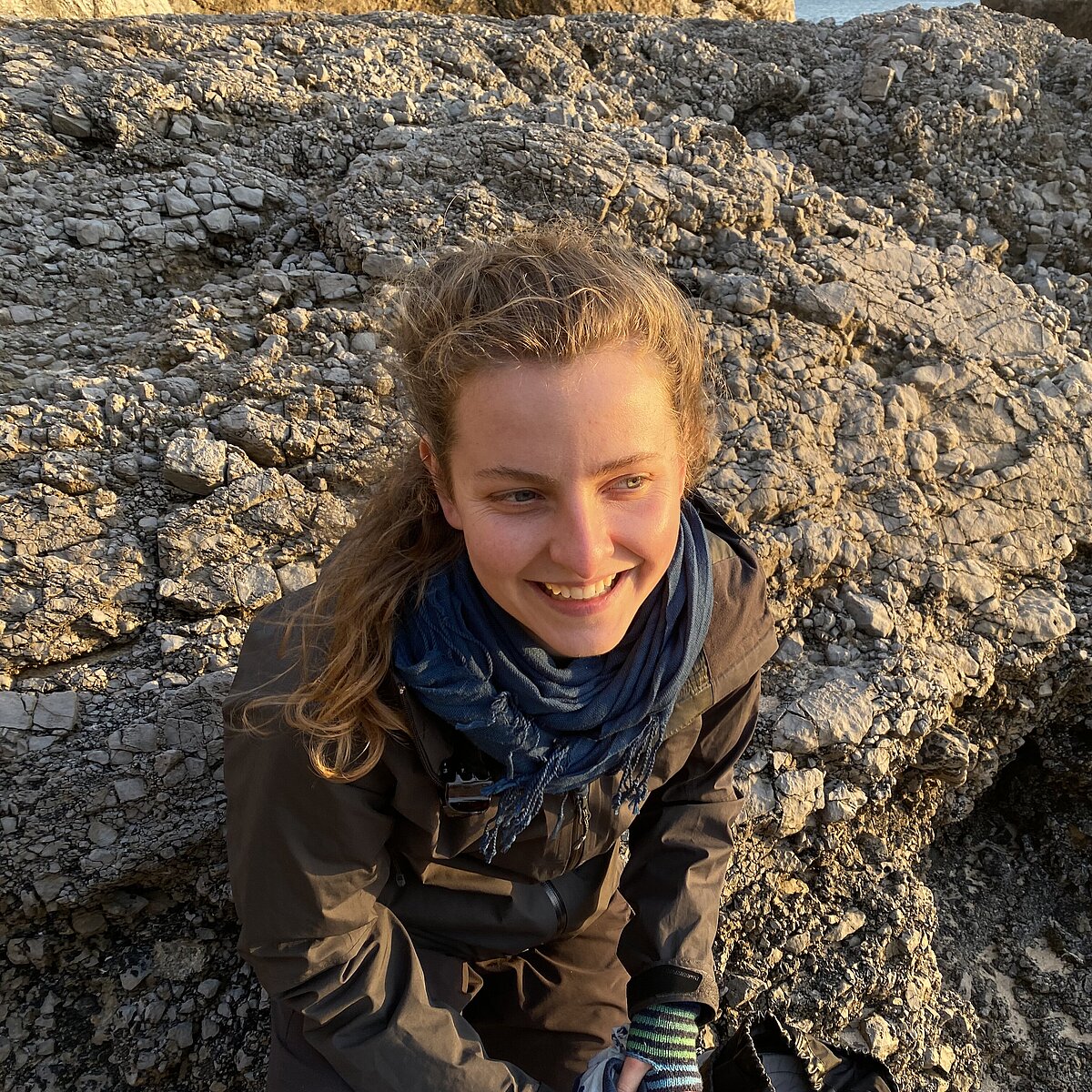
Lilli Crystall - M.Sc. student
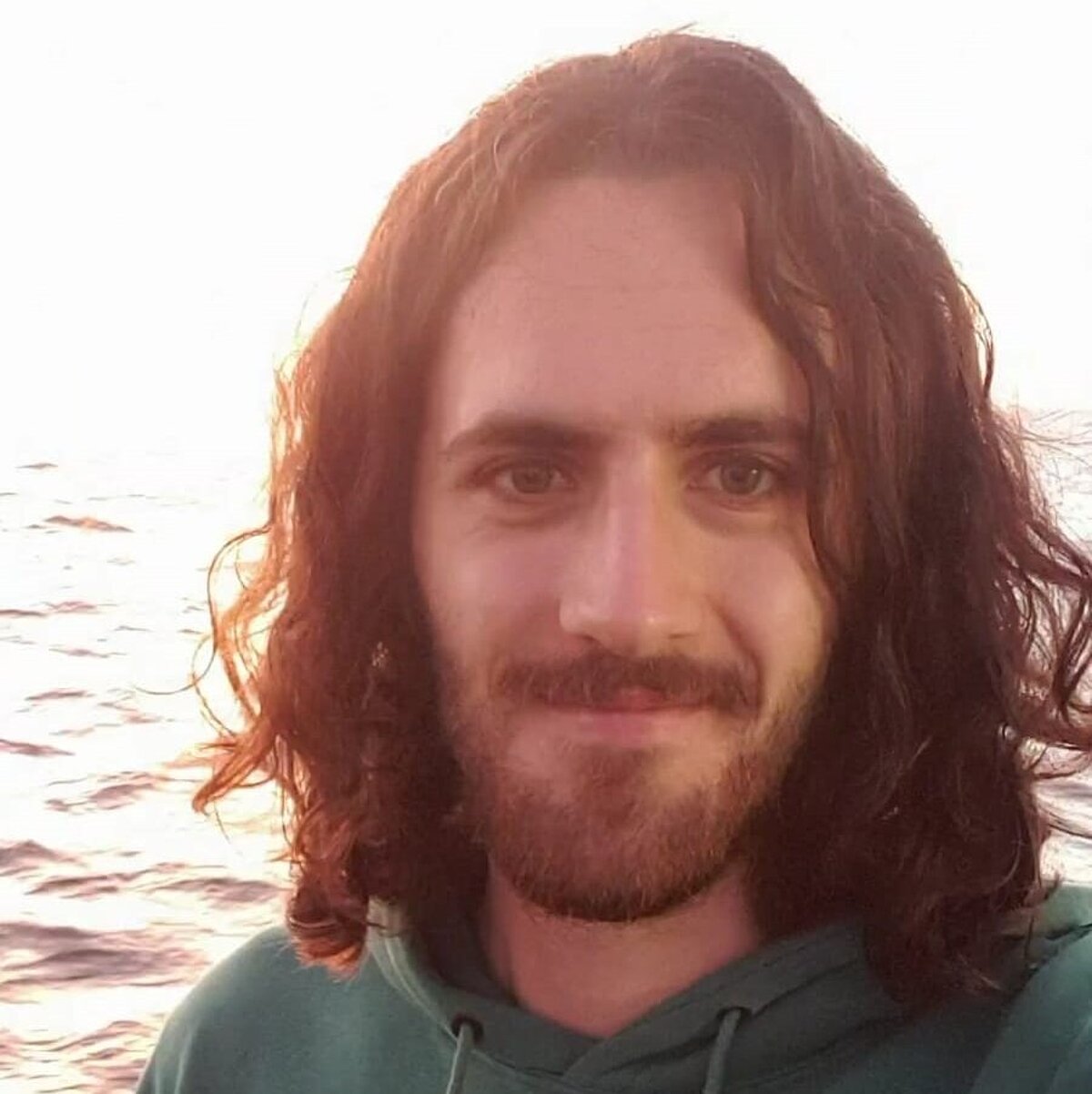
Hannes Wiegand - M.Sc. student
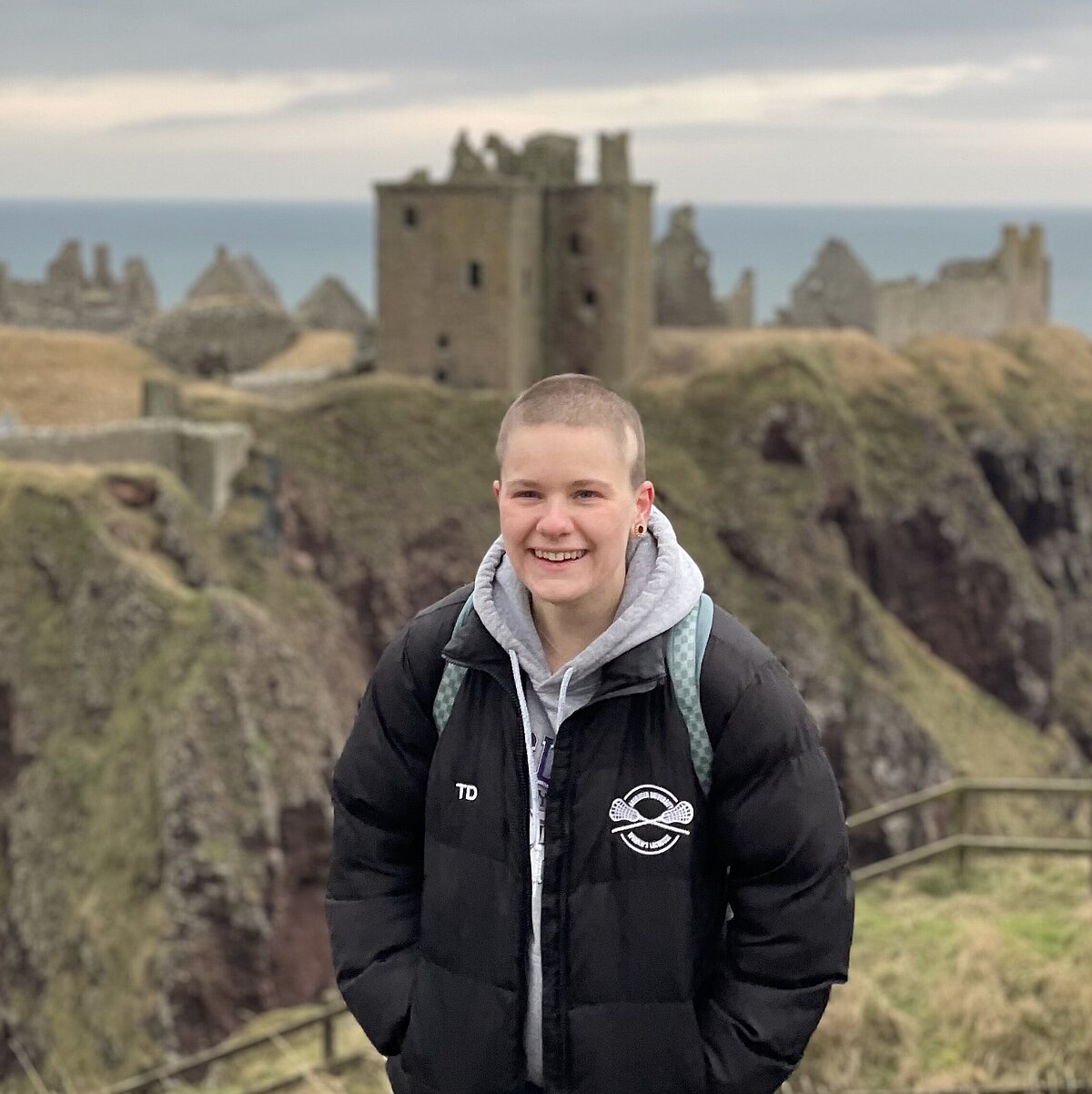
Tamara Dörfer - Student assistant
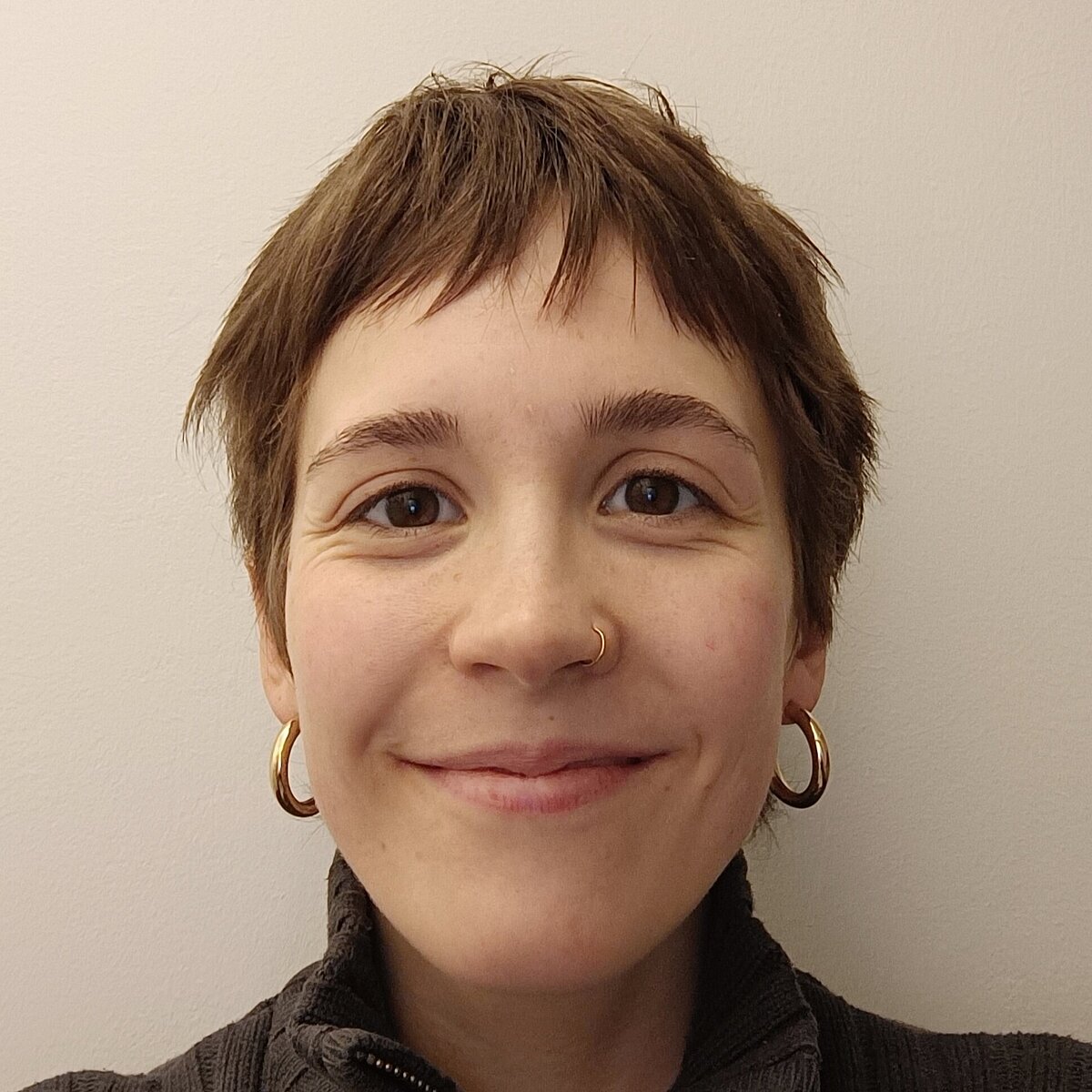
Hannah Kemper - Student assistant
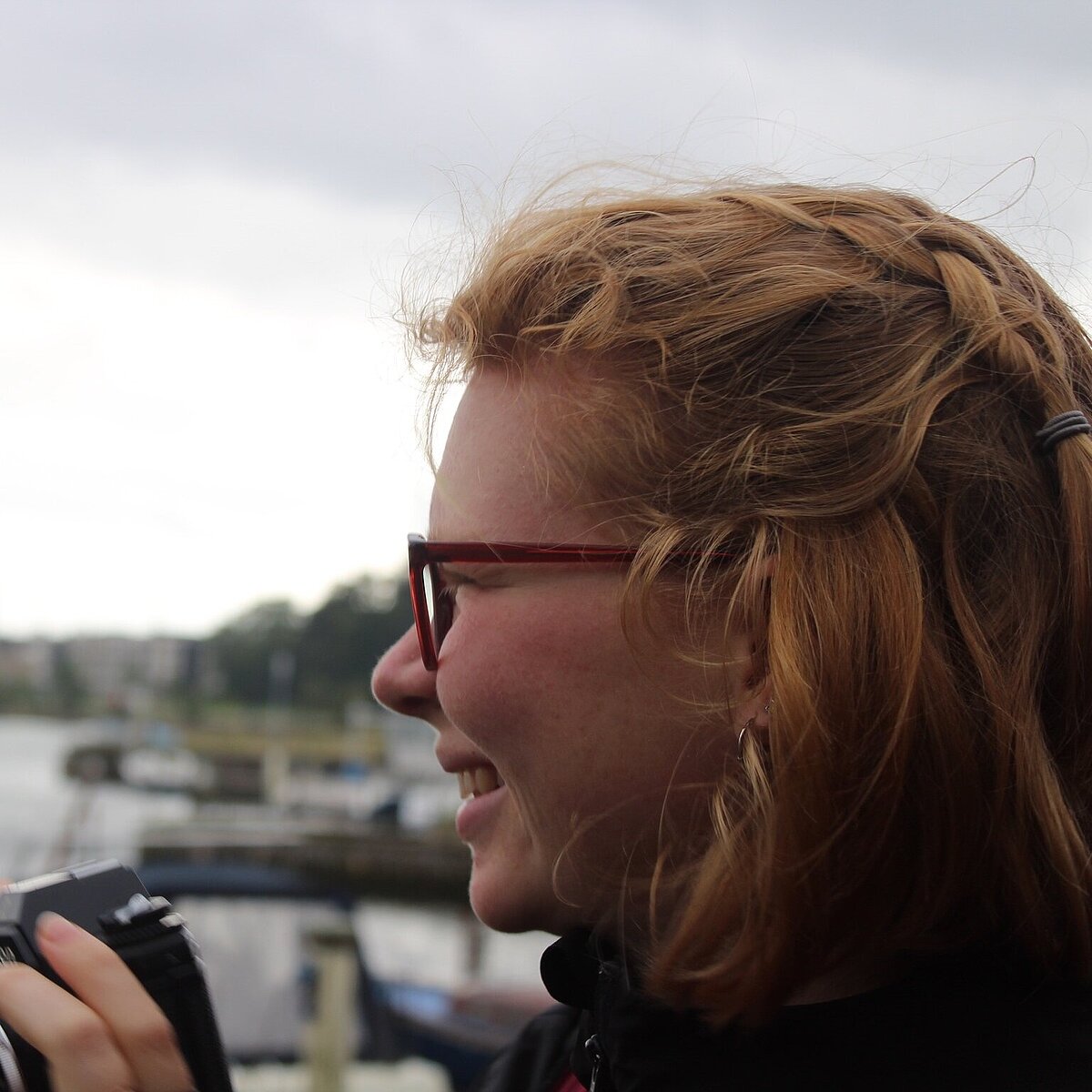
Teresa-Magdalena Schieberlein - Intern
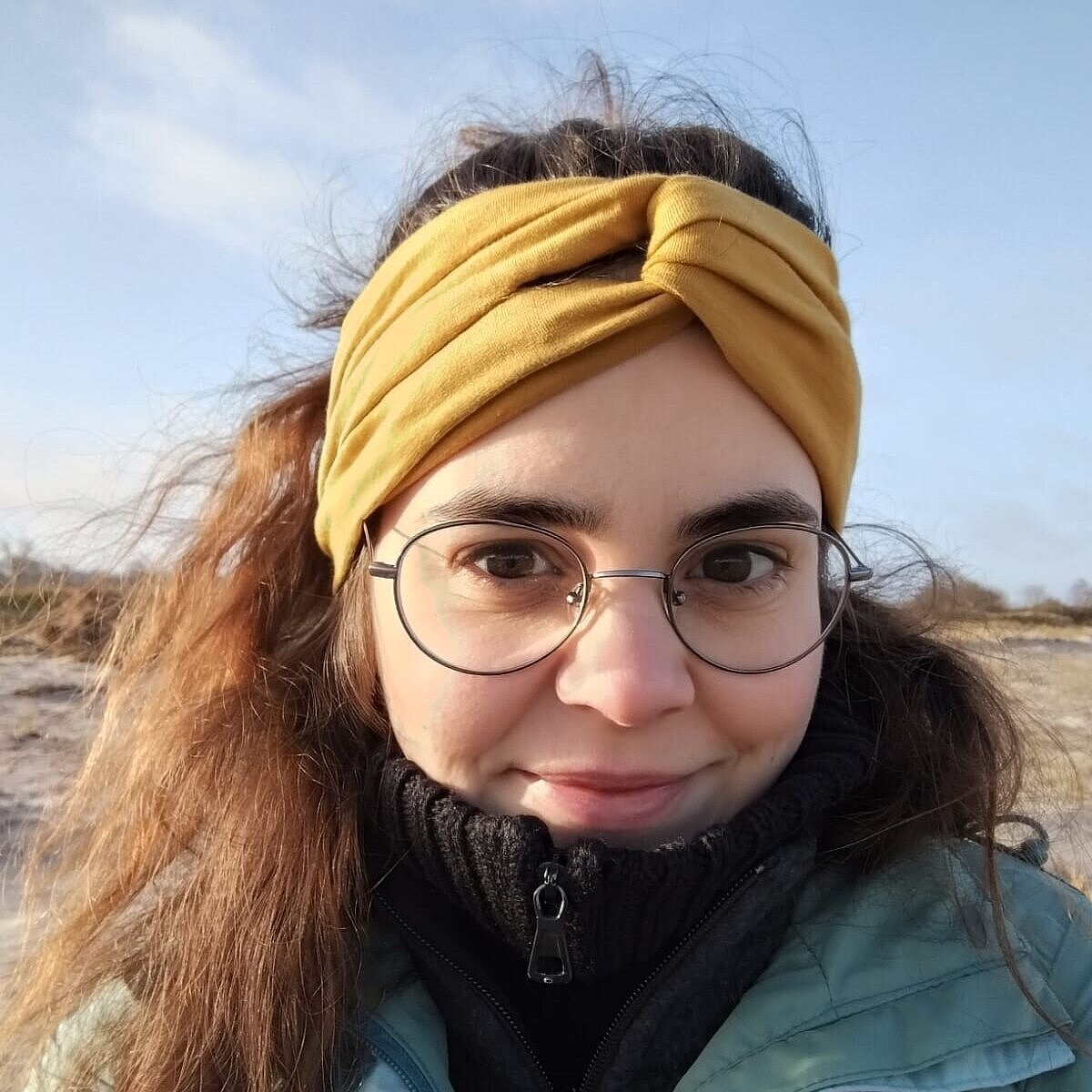
Jasmin Lieser - Intern
Dr. Marco Scotti (Group Leader): Community ecology, fisheries management, food webs, linking biodiversity to ecosystem functioning, loop analysis, network analysis, seagrass communities, socioeconomic models
Dr. Maysa Ito (PostDoc): Experimental ecology, ecological indicators, ecological interactions, stable isotopes, food webs
Dr. Marcela C. Nascimento (PostDoc): Ecopath with Ecosim (EwE) and Ecospace, environmental management, arctic ecology
Dr. Léa Joly (PostDoc): Ecophysiology, climate change, early life history stages of fishes
Dr. Eva Papaioannou (PostDoc): Fisheries management, fisheries biology, marine conservation
Liam MacNeil (Ph.D. student): Spatial modelling, biogeography, computer vision
Beñat Iglesias (Guest Ph.D. student): Trophic interactions, stable isotopes, marine mammals, fisheries, ecosystem-based management
Lilli Crystall (M.Sc. student): Ecological network analysis (ENA), fish and fisheries ecology, biogeochemical cycles, ocean warming
Hannes Wiegand (M.Sc. student): Food webs, NPZD models, herring-jellyfish interactions, ecosystem-based fisheries management
Tamara Dörfer (Student assistant): Ecosystem dynamics, spatial ecology, social-ecological network analysis
Hannah Kemper (Student assistant): Ecosystem-based management, trophic ecology, stable isotopes
Teresa-Magdalena Schieberlein (Intern): Ecopath with Ecosim (EwE), ecosystem-based fisheries management, fisheries ecology
Jamin Lieser (Intern): Ecopath with Ecosim (EwE) and Ecospace, fisheries ecology, time series analysis
Former members:
Hannah Gaber - Department of Biology, Ghent University, Belgium
Samuel Morsbach - Department of Marine Sciences, University of Gothenburg, Sweden
Haqdil Hakeem Shad - Universitätsklinikum Schleswig-Holstein, Germany
Maja Drakula - Institute of Evolution and Biodiversity, University of Münster, Germany
Josefine Karnatz - GEOMAR Helmholtz Centre for Ocean Research Kiel, Germany
Daniel Pereira - Université de Bordeaux, France
Maria Cecilia Carcedo - Instituto Argentino de Oceanografía, Universidad Nacional del Sur, Bahía Blanca, Argentina
Marta Rocchi - University of Bologna, Italy
Rebecca Piontek - Falkland Islands Fisheries Department, Falkland Islands
Projects
(1) Impact of fishing and climate change over the western Baltic Sea
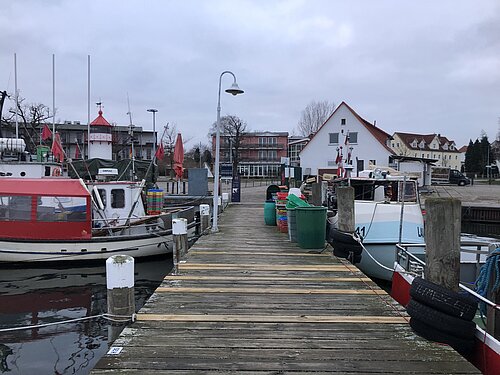
Multiple anthropic-induced stressors pose serious concerns on biodiversity conservation in the western Baltic Sea. Commercially important fish species such as cod and herring are the target of unsustainable fishing extraction, which already caused the dramatic decline of stocks and catches. Climate change reduces the reproductive success of herring. Eutrophication causes oxygen depletion of bottom waters and sediment thus severely affecting benthic communities and reducing the probability of cod egg survival. Our current projects aim at addressing concrete questions for implementing ecosystem-based management in the western Baltic Sea: (1) what is the amount of catches that should be allowed to avoid the erosion of stocks and preserve endangered species such as the harbour porpoise? (2) Where to locate novel marine protected areas if the goal is maximizing the reproductive success of commercially relevant species under future warming scenarios?
Projects

2021-2024
AWZFISCH – Ökosystemgerechtes Fischereimanagement in der deutschen AWZ (Ecosystem-based fisheries management in the German EEZ) (BfN)
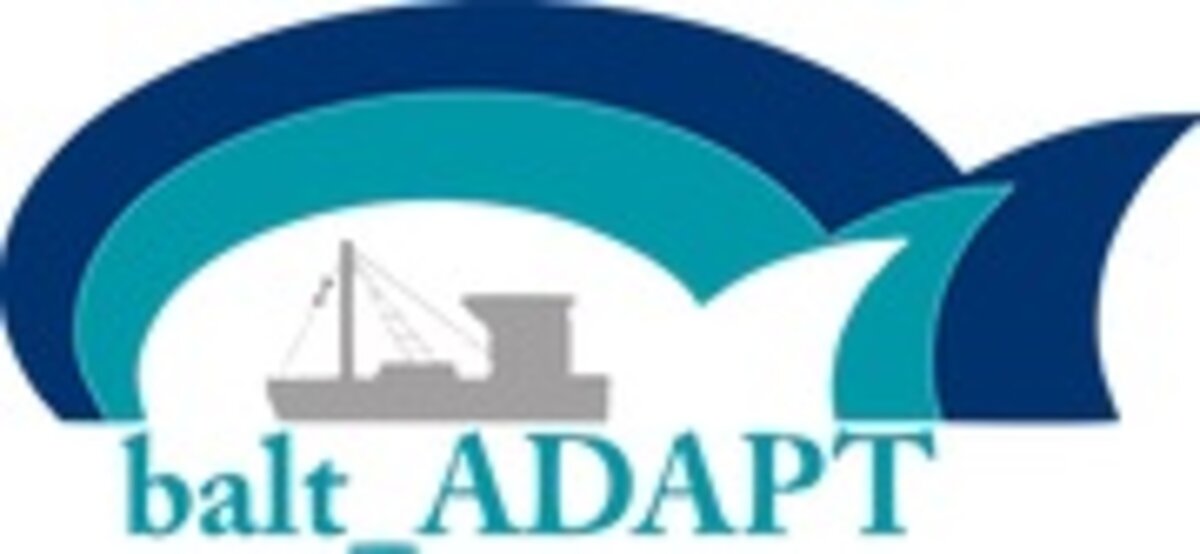
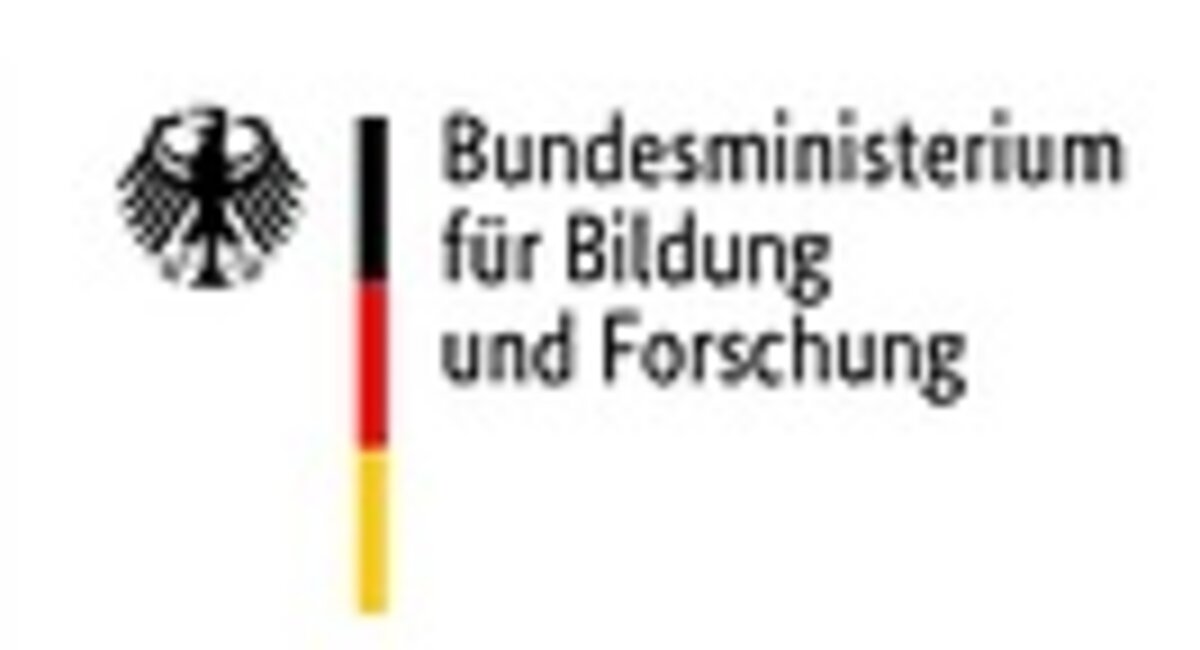
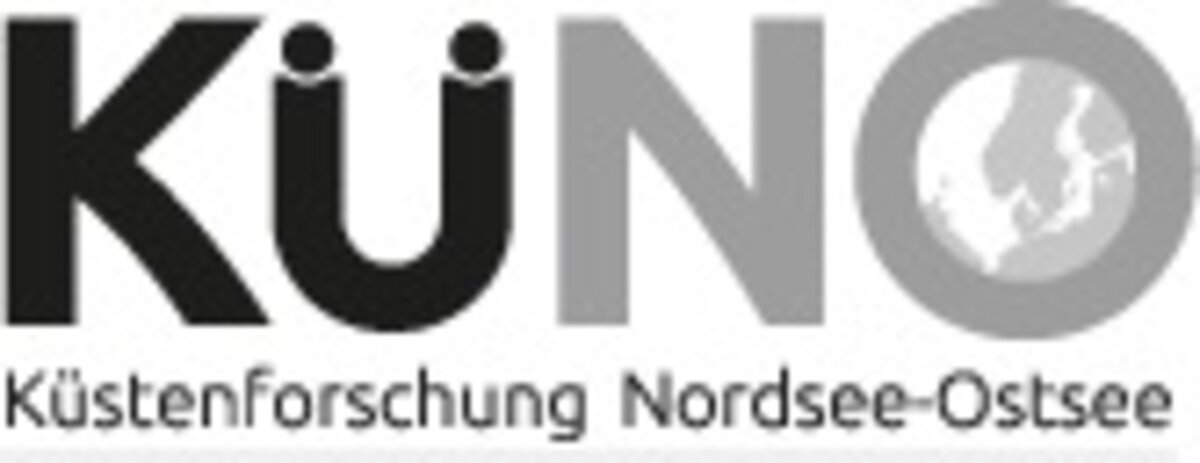
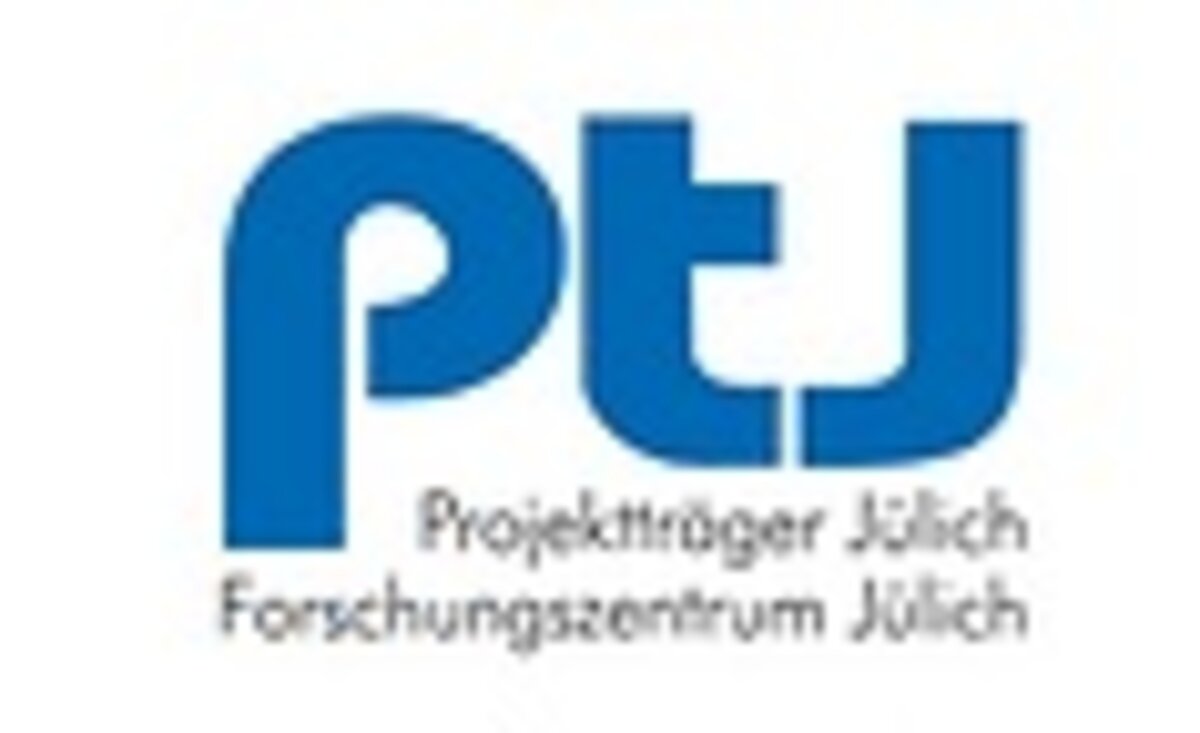
2020-2024
balt_ADAPT – Adaptation of the western Baltic coastal fishery to climate change (FONA, BMBF)
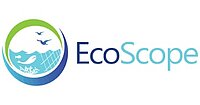
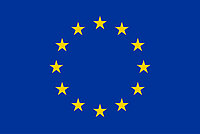
2021-2025
EcoScope – Ecocentric management for sustainable fisheries and healthy marine ecosystems (H2020, EU)


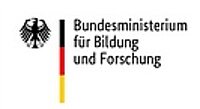
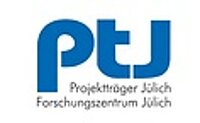
2021-2024
SpaCeParti – Coastal fishery, biodiversity, spatial use and climate change: a participative approach to navigate the western Baltic Sea into a sustainable future (DAM, BMBF)
(2) Ecosystem productivity and blue carbon in the southern North Sea
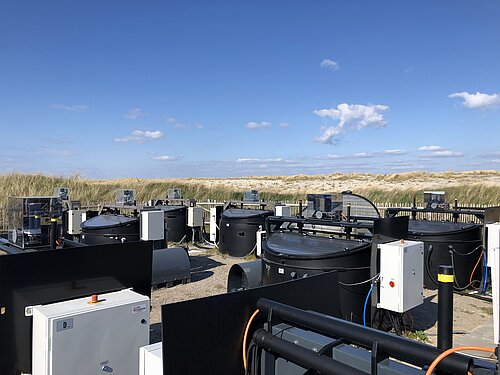
Coastal ecosystems are crucial for carbon storage. Seagrasses and macroalgae growth contributes to carbon sequestration as well as the accumulation and burial of organic matter in the sediment. Various stressors such as global warming and the introduction of non-native species impair the efficiency of carbon sequestration. They may in fact increase the magnitude of respiration losses and simplify the food web architecture, thus reducing the resilience of coastal ecosystems. In the iSeal project, we will combine mesocosms experiments, data from field surveys and network models to predict the impact of temperature raise and invasive species (e.g. Pacific oyster) on the stability and carbon sequestration in future coastal ecosystems of the Wadden Sea.
Project
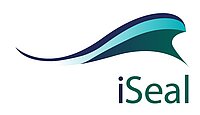



2021-2024
iSeal – Trans- and interdisciplinary social-ecological network analysis based on long-term monitoring, experi-
mental data and stakeholders’ assessment (DAM, BMBF)
Main collaborators
@GEOMAR
- David Needham – construction and analysis of co-occurrence microbial networks
- Henk-Jan Hoving – the role of cephalopods in the Azorean pelagic food web
- Rainer Froese – ecosystem-based fisheries management and development of new ecosystem indicators
- Mariana Hill-Cruz – modelling of the role of high trophic level consumers in biogeochemical cycles
External
- Antonio Bodini (University of Parma) – structure and stability of aquatic food webs
- Behzad Mostajir and Francesca Vidussi (CNRS, Montpellier) – the impact of warming on microbial food webs in coastal and lagoon ecosystems
- Camille Poirier (University of Oxford) – construction and analysis of co-occurrence microbial networks
- Ferenc Jordán (University of Parma) – network analysis of food webs to identify the functional importance of species
- Juan-Carlos Molinero (IRD, Sète) – the role of jellyfish in marine food webs
- Marie-Catherine Riekhof (CeOS, Kiel) - network analysis to develop solutions for the management of marine coastal ecosystems
- Christian Möllmann (University of Hamburg) - ecosystem-based fisheries management of the western Baltic Sea
- Rüdiger Voss (iDiv, Leipzig) - historic autumn-spawning herring stock collapse in the western Baltic Sea
- Nathalie Niquil (CNRS, Caen) – socioecological models emerging from the construction of offshore wind farms
Selected publications
Bodini, A., Pereira, D., Scotti, M., 2024. The decline of kilkas, sturgeons and seals in the Caspian Sea: The potential of qualitative loop analysis for the cumulative assessment of multiple drivers of stress. Marine Pollution Bulletin 200, 116091. https://doi.org/10.1016/j.marpolbul.2024.116091
MacNeil, L., Joly, L.J., Ito, M., Steinmann, A., Mehler, K., Scotti, M., 2024. Sizing mudsnails: Applying superpixels to scale growth detection under ocean warming. Methods in Ecology and Evolution 15, 544-554. https://doi.org/10.1111/2041-210X.14295
Ito, M., Halouani, G., Cresson, P., Giraldo, C. and Girardin, R., 2023. Detection of fishing pressure using ecological network indicators derived from ecosystem models. Ecological Indicators 147, 110011. https://doi.org/10.1016/j.ecolind.2023.110011
Scotti, M., Opitz, S., MacNeil, L., Kreutle, A., Pusch, C., Froese, R., 2022. Ecosystem-based fisheries management increases catch and carbon sequestration through recovery of exploited stocks: The western Baltic Sea case study. Frontiers in Marine Science 9, 879998. https://doi.org/10.3389/fmars.2022.879998
Froese, R., Papaioannou, E., Scotti, M., 2022. Climate change or mismanagement? Environmental Biology of Fishes 105, 1363-1380. https://doi.org/10.1007/s10641-021-01209-1
Ito, M., Scotti, M., Franz, M., Barboza, F.R., Buchholz, B., Zimmer, M., Guy-Haim, T., Wahl, M., 2019. Effects of temperature on carbon circulation in macroalgal food webs are mediated by herbivores. Marine Biology 166, 158. https://doi.org/10.1007/s00227-019-3596-z
Bodini, A., Rocchi, M., Scotti, M. 2018. Insights into the ecology of the Black Sea through the qualitative loop analysis of the community structure. Limnology and Oceanography 63, 968-984.https://doi.org/10.1002/lno.10713
Scotti, M., Ciocchetta, F., Jordán, F., 2013. Social and landscape effects on food webs: a multi-level network simulation model. Journal of Complex Networks 1, 160-182. https://doi.org/10.1093/comnet/cnt013
Scotti, M., Bondavalli, C., Bodini, A., Allesina, S., 2009. Using trophic hierarchy to understand food web structure. Oikos 118, 1695-1702. https://doi.org/10.1111/j.1600-0706.2009.17073.x


